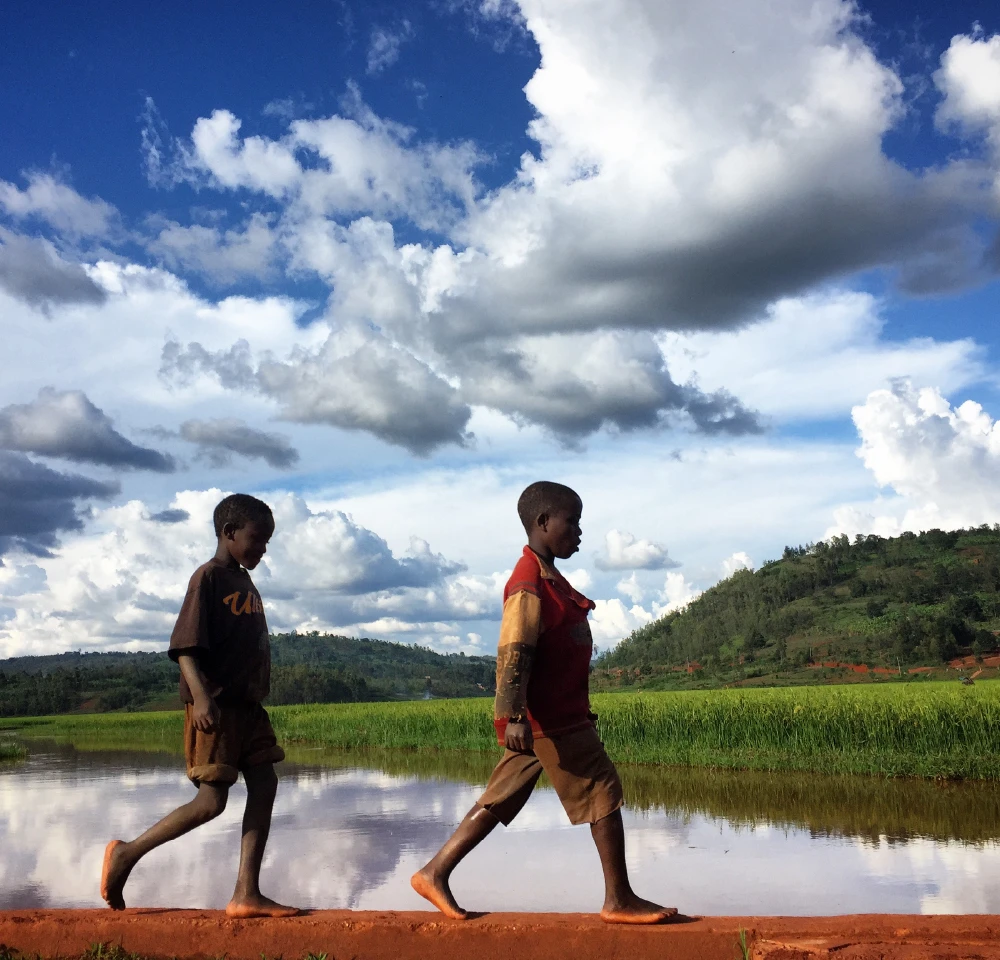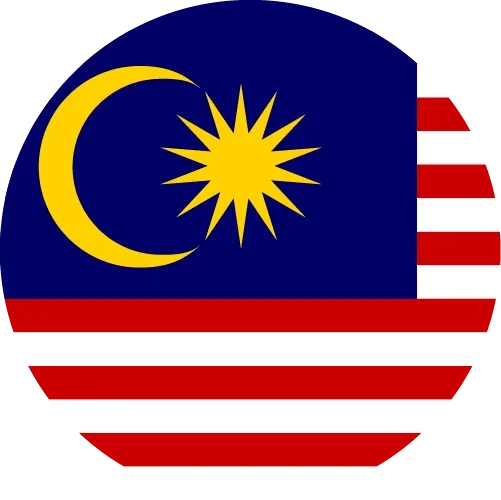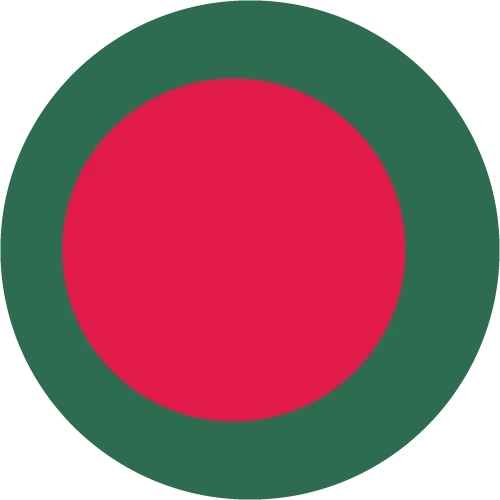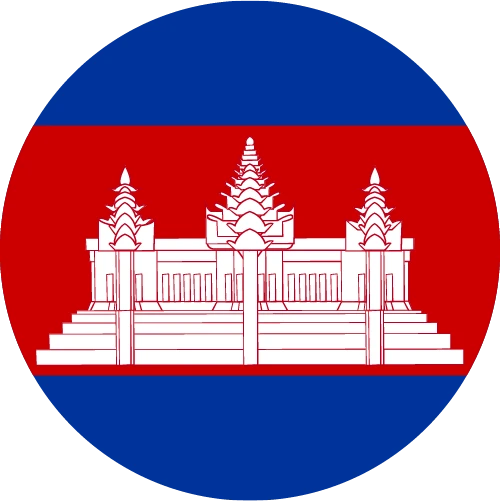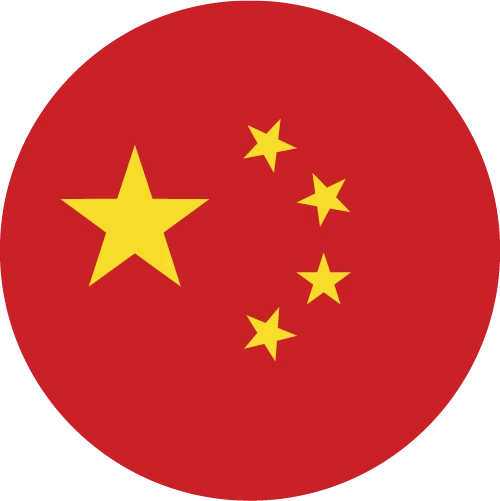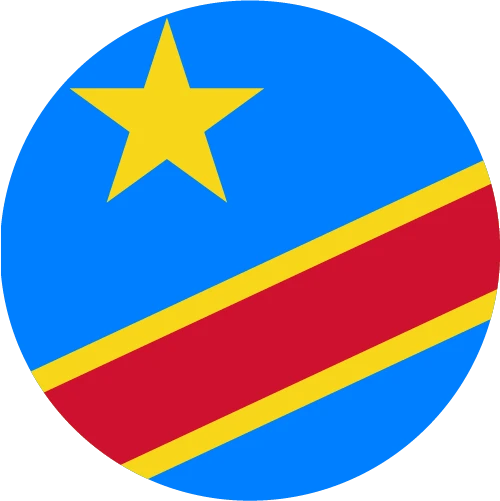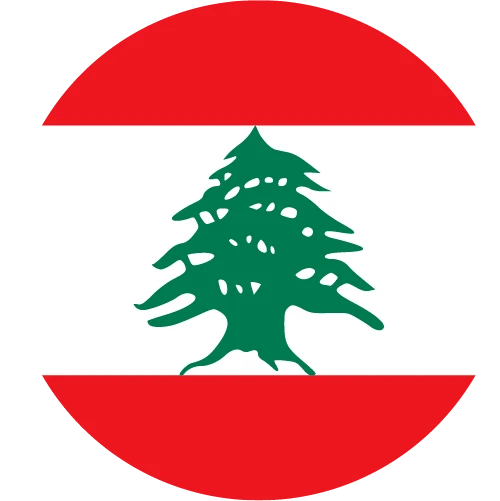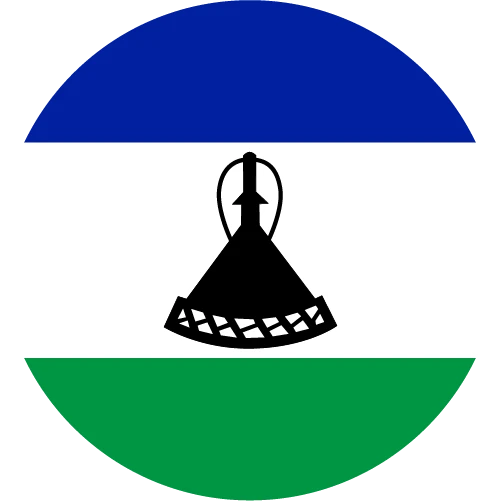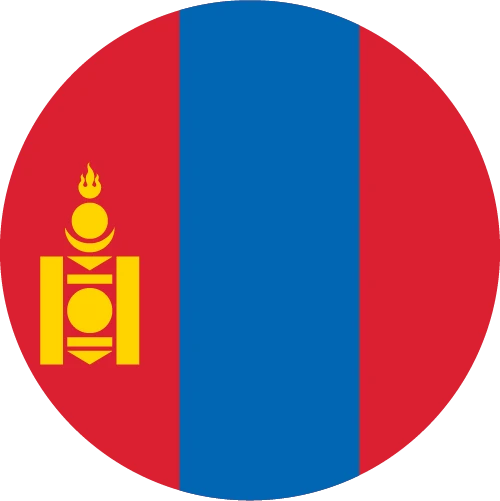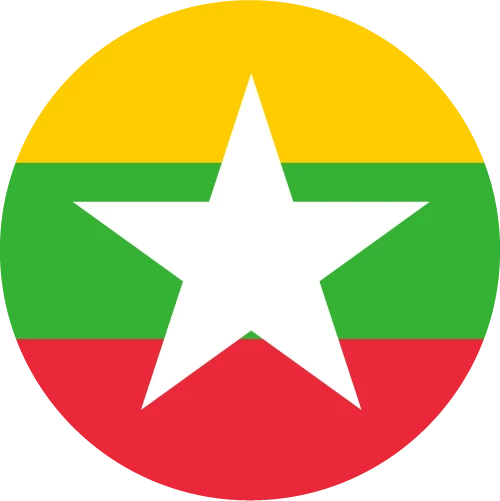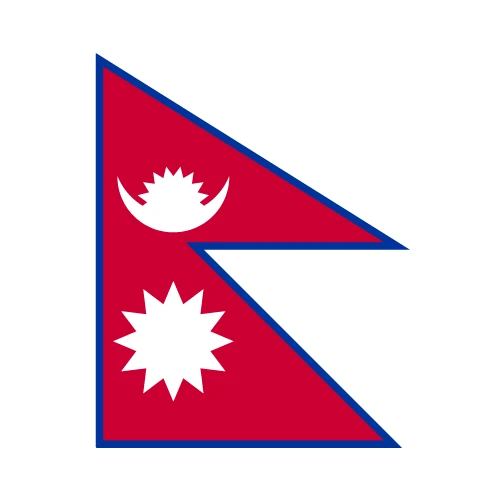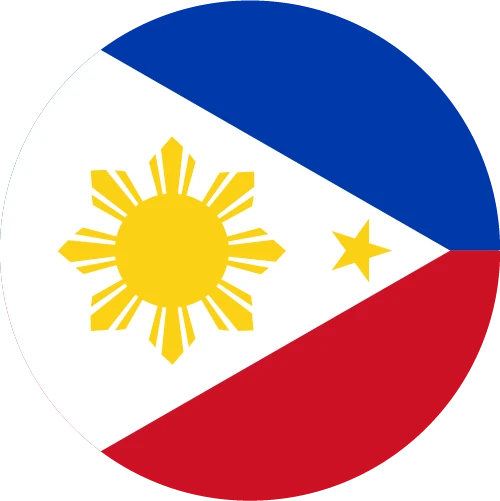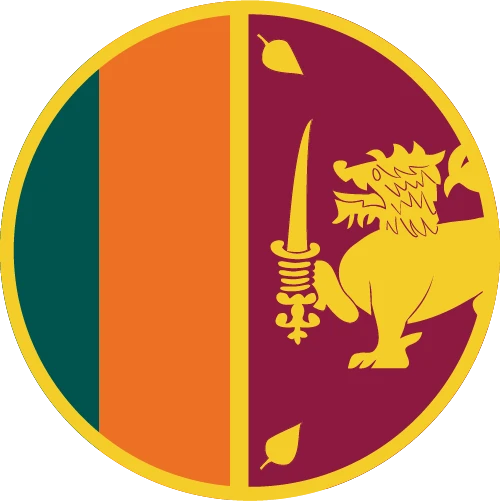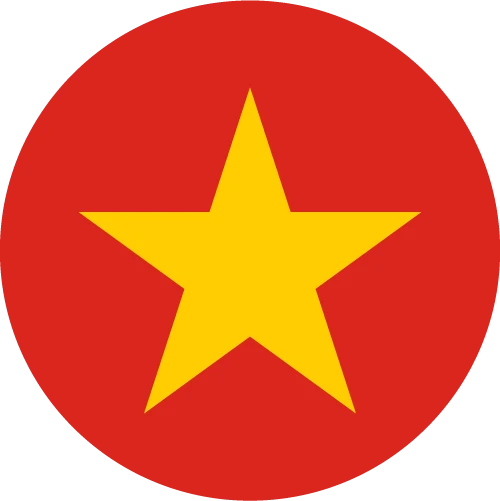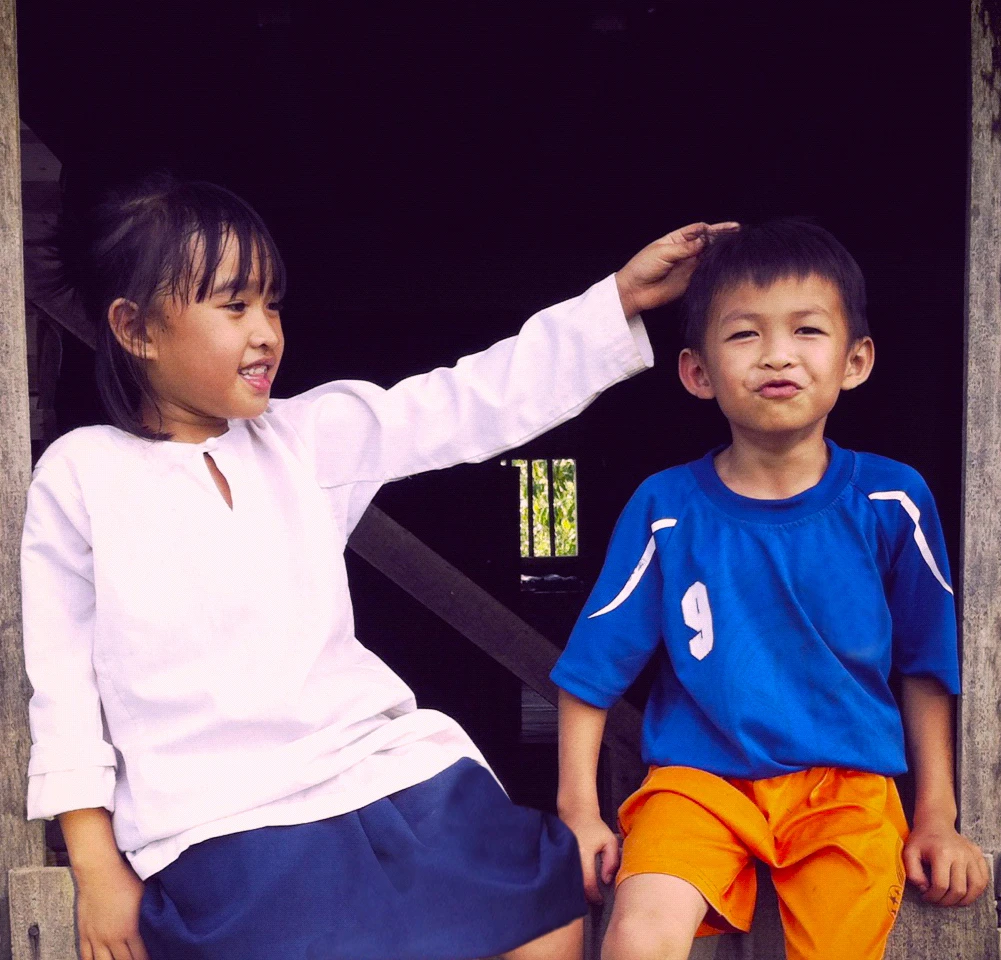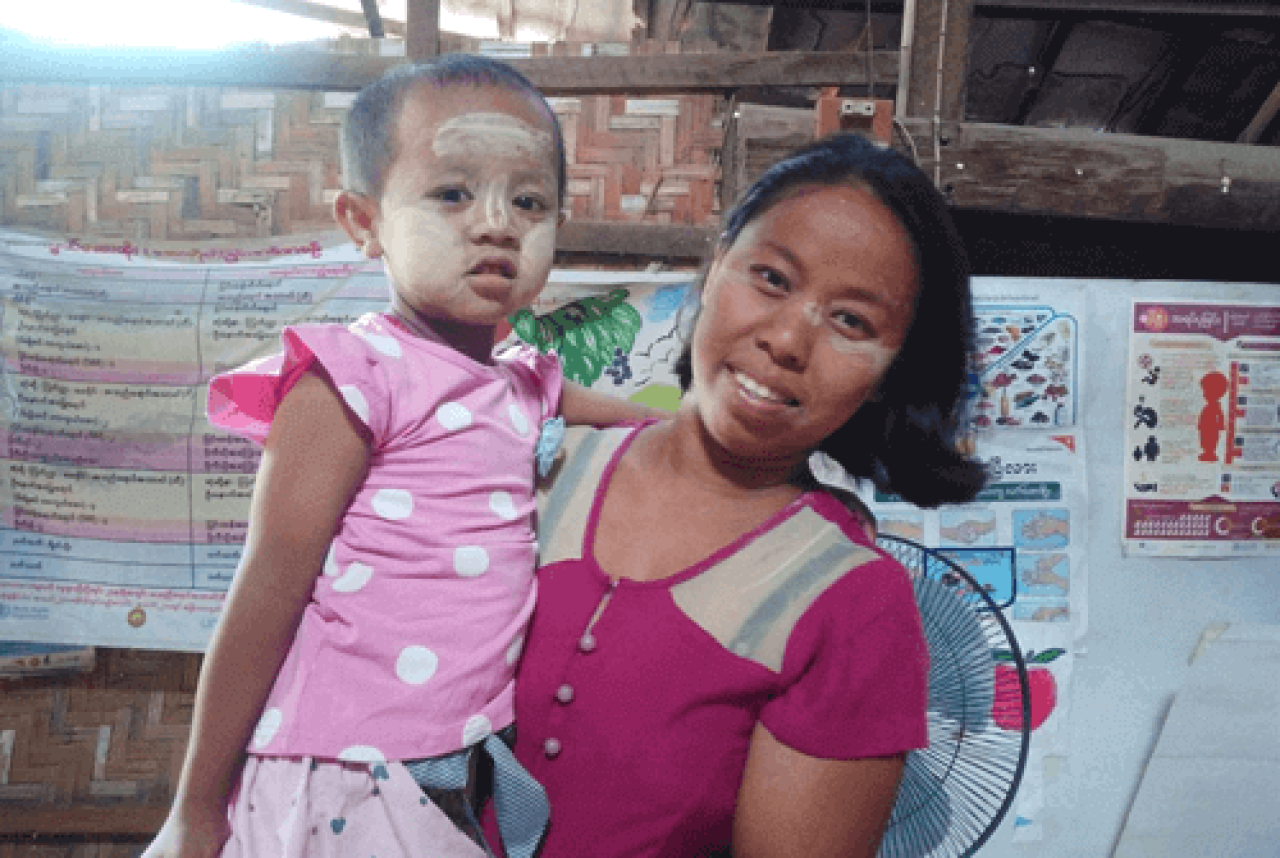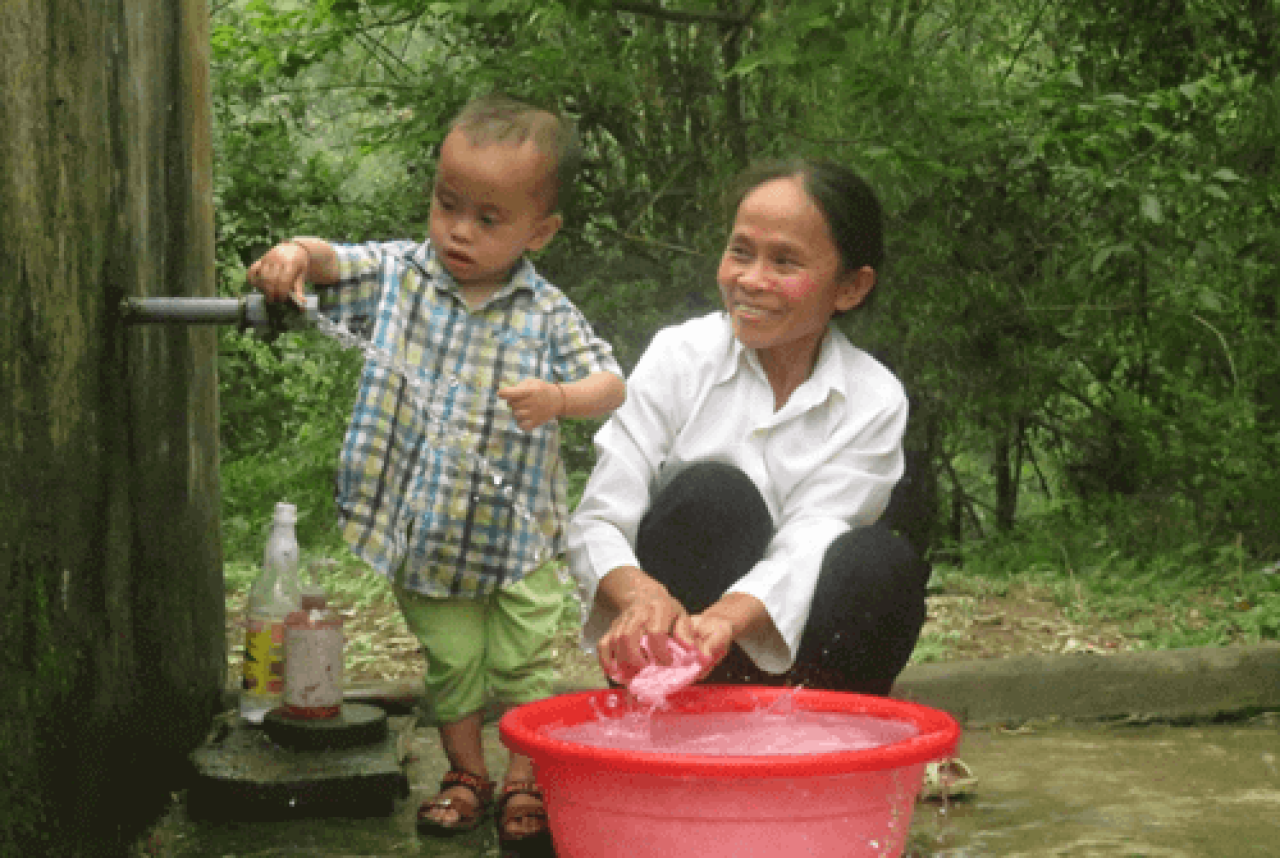Malaysia
2 Community Development Programmes in Malaysia: Mukim Tulid and Mukim Tatalaan, Sabah
In Sabah, where poverty is most severe, we work to improve education, water, sanitation and hygiene (WASH), health and nutrition, livelihoods, child protection, and promote community awareness and ownership in improving child well-being.
One Goal Malaysia’s Eat Right to Play Right Programme
An advocacy and awareness movement addressing child malnutrition through the power and passion of sports (badminton). The programme includes sports-for-nutrition training for children, community kitchen sessions for parents and caregivers, and volunteer and community coach empowerment. It currently serves urban poor communities in the Klang Valley and at-risk youth and several primary schools in Sarawak.
Bangladesh
1 Area Programme in Bangladesh: Jamalpur
In Bangladesh, we help families build sustainable livelihoods so that the needs of children can be met. We are working to improve maternal health and child nutrition, as well as provide knowledge on clean water and sanitation. By raising awareness and improving child protection systems, we help protect children from abuse and exploitation.
Cambodia
3 Area Programmes in Cambodia: Rovieng 2, Stong 2 and Phnom Penh 2
In Cambodia, we seek to improve community health as malnutrition and disease outbreaks are common. We ensure families have clean water supply systems and sanitary toilets. To improve education, we equip teachers and mobilise parents and community members to support children’s learning. Child protection systems are being improved, and children are being trained to keep themselves safe. Households are assisted in increasing their incomes through sustainable livelihood opportunities.
China
1 Area Programme in China: Shicheng 2, Jiangxi
In China, we work to provide parenting knowledge and skills to caregivers and promote life skills education to both children and adolescents. We also advocate to the government for improving the quality of education, and train the community in child protection and disaster risk reduction.
DR Congo
3 Area Programmes in Democratic Republic of Congo: Bukanga Lonzo, Kenge and Loma
In DR Congo, we help communities improve sustainable agricultural production and strengthen their economic opportunities through local partnerships and savings group. We also work to improve access to clean and safe drinking water, improve the quality of education and increase influence of children as child protection actors within the communities.
Indonesia
1 Area Programme in Indonesia: Parimo
In Indonesia, we equip communities to provide a caring environment and protect children from physical and sexual violence. We seek to raise awareness on child rights, child protection and positive parenting among parents and children. This reduces cases of physical punishment and child abuse, while preventing children from falling into juvenile delinquency and child marriages.
Lebanon
2 Area Programmes in Lebanon: Saida and Sour
Lebanon’s socioeconomic crisis has led to rising poverty. As a result, families are in debt, more children are dropping out of school, and there is a rise in issues like child labour, abuse and early marriage. We will equipchildren with life skills and build a child-friendly environment. Women and small businesses will get economic support. Extracurricular learning programmes, training for teachers, and better-equipped education institutions will help children learn and thrive.
Lesotho
1 Area Programme in Lesotho: Matelile
In Lesotho, we aim to increase communities’ access to financial services, facilitate the establishment of income-generating activities and increase household and community preparedness for disasters. We also aim to improve the nutritional status of children and reduce HIV/AIDS infections.
Mongolia
2 Area Programmes in Mongolia: Baganuur and Bayankhoshuu 2
In Mongolia, we help increase households’ income through capacity building and skills training. Families are also equipped to face deadly snowstorms and droughts. Violence and child labour are rampant, and we work to raise awareness on these issues through trainings, implementing child protection mechanisms, and giving children a platform to raise their voice.
Myanmar
5 Area Programmes in Myanmar: Aungmyaythazan, Kawthoung, Launglon, Mawlamyine and Pyapon
In Myanmar, we empower communities through capacity building of community-based organisations. To keep children safe from harm, we raise awareness on child rights and strengthen child protection mechanisms. Families are given training on livelihood skills and access to savings groups to improve their household income and to ensure their children and household have adequate nutrition.
Nepal
2 Area Programmes in Nepal: Mahottari West and Rautahat West
Malnutrition is a prevalent issue in Nepal. We seek to raise awareness of nutritious food among caregivers and provide regular health and nutrition services. Due to local practices and poverty, child marriage and child labour are rampant. We work to increase awareness on child protection and end social discrimination.
Philippines
3 Area Programmes in the Philippines: Bohol 5, Moises Padilla and Lanao del Norte
In the Philippines, we work to improve the quality of education by training teachers, implementing educational programmes and encouraging parents’ participation in their children’s education. We also equip families with livelihood skills and train them to be economically resilient. By improving parenting knowledge, strengthening the capacity of local stakeholders to safeguard children and promoting child participation in decision-making processes, we help protect children from violence and harm.
Sri Lanka
1 Area Programme in Sri Lanka: Welikanda
In Sri Lanka, we work to raise awareness on child rights and protection among parents and caregivers, and address drugs and alcohol issues in the community. We also collaborate with families to establish a sustainable and diversified income source, and train them to be resilient in the face of disasters and shocks, so they can care and provide for their children.
Vietnam
2 Area Programmes in Vietnam: Ba Thouc 2 and Quan Hoa 2
In Vietnam, we work to improve the community’s economic situation by promoting savings habits and increasing their resilience in the face of disasters. We also work to raise awareness on child protection to protect children from child marriage, violence, abuse and other risky behaviours. To improve children’s health, we enhance nutritional knowledge among mothers and caregivers, and provide training for healthcare staff.
